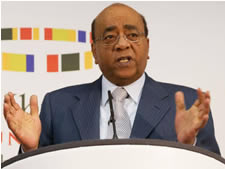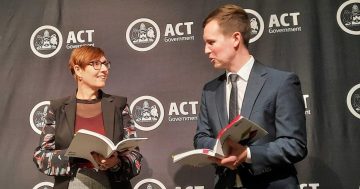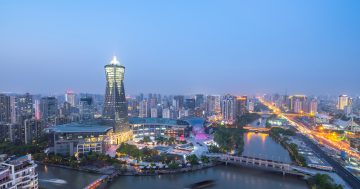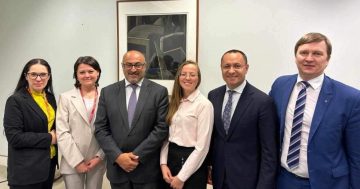AFRICA
 The Mo Ibrahim Foundation has reported on the state of Public Services in Africa, noting that Governments face a challenge from the growing expectations of their citizens.
The Mo Ibrahim Foundation has reported on the state of Public Services in Africa, noting that Governments face a challenge from the growing expectations of their citizens.
Chair of the Foundation, Mo Ibrahim (pictured) said that in all countries on the continent the Public Service was the pillar of governance.
“Without strong Public Services and committed Public Servants, there will be no efficient delivery of expected public goods and services, nor implementation of any commitment, however strongly voiced,” Mr Ibrahim said.
“New demands stem from the twenty-first century’s multiple challenges and Africa’s … young and urbanising demography.”
He said these demands included those for solidarity, protection against various criminal threats, for jobs, business enabling environments, culture, climate change mitigation and rural sector development.
Mr Ibrahim said these pile up on traditional demands — safety and security, health, education, justice — with which citizens’ dissatisfaction appeared to be growing.
He said this called for a careful assessment of who is best positioned to address these demands and who has to pay for the delivery.
“On average, African Public Services display a continent-wide lack of capacity,” Mr Ibrahim said.
“They remain a relatively small employer, at a cost higher than in other regions, with large country disparities.”
He said that in health, education and security, public supply was far from answering the demand, which had resulted in a growing range of non-state actors becoming key providers of public goods and services, to an extent that may have prevented Governments from owning public policies.
“Mobility within or outside Public Services is almost non-existent, political dependence is strong, working equipment is scarce, corruption is among the highest at the global level, ‘ghost Public Servants’ populate many services, while too many of the best-trained choose to work abroad,” Mr Ibrahim said.
“On a young continent whose ability to leap-frog has been often displayed, potential solutions and best practices exist: monetary and non-monetary incentives, internal and external mobility, capacity building, new technologies.”
The Mo Ibrahim Foundation was established in 2006 with a focus on the importance of leadership and governance in Africa.
Kigali, 21 April 2018











